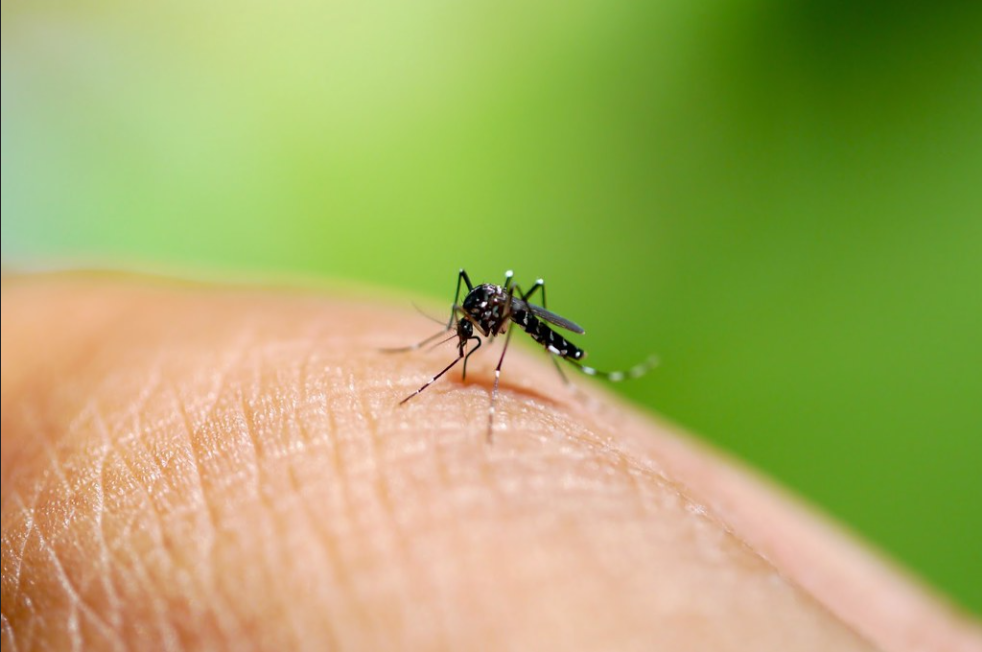Bangladesh faces a mounting chikungunya crisis, with the mosquito-borne virus causing widespread disruption to daily life through persistent joint pain and reduced productivity. Recent data reveals an alarming 82% positivity rate among fever patients tested in Dhaka during June’s first three weeks, with 140 confirmed cases out of 171 examined at icddr,b facilities.
The outbreak’s disproportionate impact on Dhaka residents shows 98.5% of cases concentrated in the capital, split between southern (52%) and northern (46%) areas. Adult males constitute 65% of patients, with 83% of infections occurring in those aged 30 and above.
Disturbingly, symptoms persist beyond four weeks for 81% of victims, while the average patient loses 10.5 workdays – an economic blow of approximately $73 (Tk8,000) per case.
This resurgence echoes the 2017 epidemic that officially recorded 13,000 infections, though researchers believe actual numbers surpassed 100,000. A 2023-24 collaborative study involving icddr,b, UK’s Keele University, and Shahjalal University of Science and Technology found 35% positivity among 394 symptomatic patients surveyed.
“Since mid-April, we’ve observed consistent case detection,” warns Dr Md Abdullah Omar Nasif, lead researcher at icddr,b. “With Eid travel and the impending dengue season, we’re bracing for potential nationwide spread.”
Medical experts emphasise strict adherence to doctor’s orders, complete rest, and electrolyte-rich diets featuring bananas, watermelon, and leafy greens. Public health specialist Dr Ahmed Parvez Jabeen stresses, “Daytime mosquito net use becomes crucial when children or elderly family members nap, alongside rigorous elimination of standing water.”
Despite annual anti-mosquito budgets exceeding Tk100 crore, Dhaka’s city corporations struggle with containment. Dhaka South has doubled insecticide spraying to 60 litres daily and established monitoring teams, while Dhaka North has introduced free testing and plans volunteer awareness drives.
“The clinical overlap between chikungunya and dengue allows experienced physicians to diagnose through symptoms alone,” notes Dr Abu Hossain Moinul Ahsan of the Health Directorate, highlighting the similarities in management protocols between the two vector-borne diseases.


